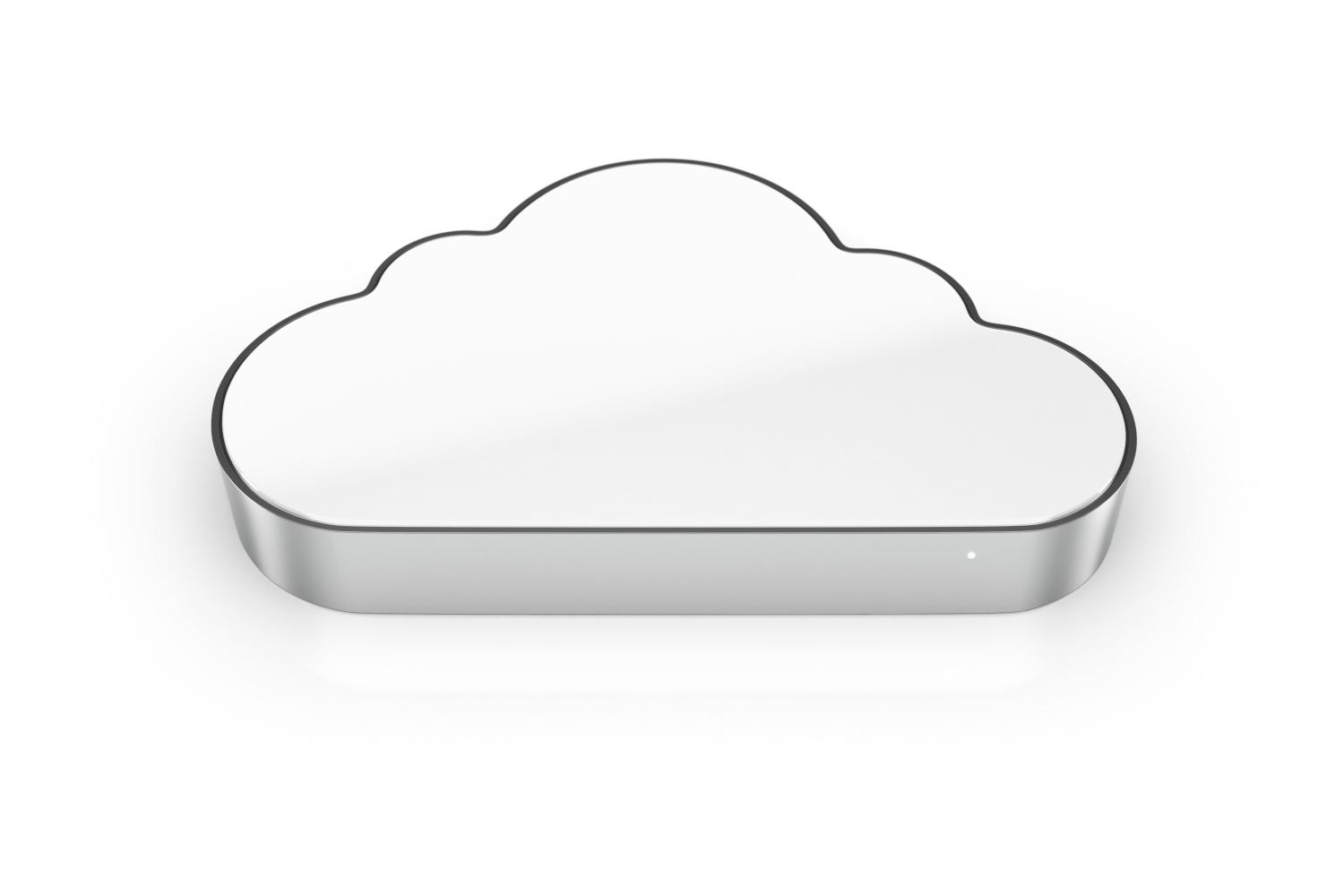
Cloud storage is a wonderful example of how we benefit from competition. A couple years ago, there were fewer good services to choose from, and the ones that were available didn’t offer as much storage–both free and paid–as they do now.
The only downside is that it’s trickier now to figure out which online storage service is the best for your needs. Allow us to help out with this chart, which takes into account Google’s recent price cuts on Google Drive storage.
To keep things simple, we’ll focus on services that have a free version, desktop software and mobile apps. And we’ll only consider personal use cases, rather than enterprise-level services that require multiple user accounts. Here’s how Google Drive, Microsoft OneDrive, Dropbox, Box, Bitcasa, Barracuda Copy and Mediafire stack up (all prices listed are per year):
Google Drive Microsoft OneDrive Dropbox Box Bitcasa Barracuda Copy Mediafire Free Space 15 GB* 15 GB 2 GB 10 GB 5 GB 15 GB 10 GB*** Space Per Referral – 500 MB 500 MB – 1 GB 5 GB 1 GB Max Bonus***** – 8 GB 20.5 GB – 15 GB None 50 GB 50 GB – – – – – – – 100 GB $24 $24 $99 $60 or $120** – – $25**** 200 GB – $48 $199 – – – $50**** 250 GB – – – – – $99 – 500 GB – – $499 – – $149 $100 1 TB $120 $70****** – – $99 – $260 5 TB – – – – $499 – – 10 TB $1200 – – – – – $2156 20 TB $2400 – – – – – $4196 30 TB $3600 – – – – – $5860 Unlimited – – – – $999 – – File Size Limit (Free) 10 GB 2 GB – 250 MB – – – File Size Limit (Paid) 10 GB 2 GB – 2 GB or 5 GB** – – –
* Includes Gmail/Google+/Picasa storage
** $60 plan has 2 GB file size limit but more business features; $120 plan has 5 GB limit
*** Ads appear during file downloads
**** Introductory rate; doubles after first year
***** May require camera uploads, social network posts, user feedback, etc.
****** Includes Office 365 subscription
A few takeaways:
Should you consider other services for reasons beyond the amount of free storage and prices for extra storage? Sure. Here are some that come to mind:
Of course, there’s nothing stopping you from spreading your files around to more than one service. You can even use services like Jolicloud and ZeroPC to manage all your storage in one place, but that’s a topic for another day.
More Must-Reads from TIME
- Inside Elon Musk’s War on Washington
- Meet the 2025 Women of the Year
- The Harsh Truth About Disability Inclusion
- Why Do More Young Adults Have Cancer?
- Colman Domingo Leads With Radical Love
- How to Get Better at Doing Things Alone
- Cecily Strong on Goober the Clown
- Column: The Rise of America’s Broligarchy
Contact us at letters@time.com